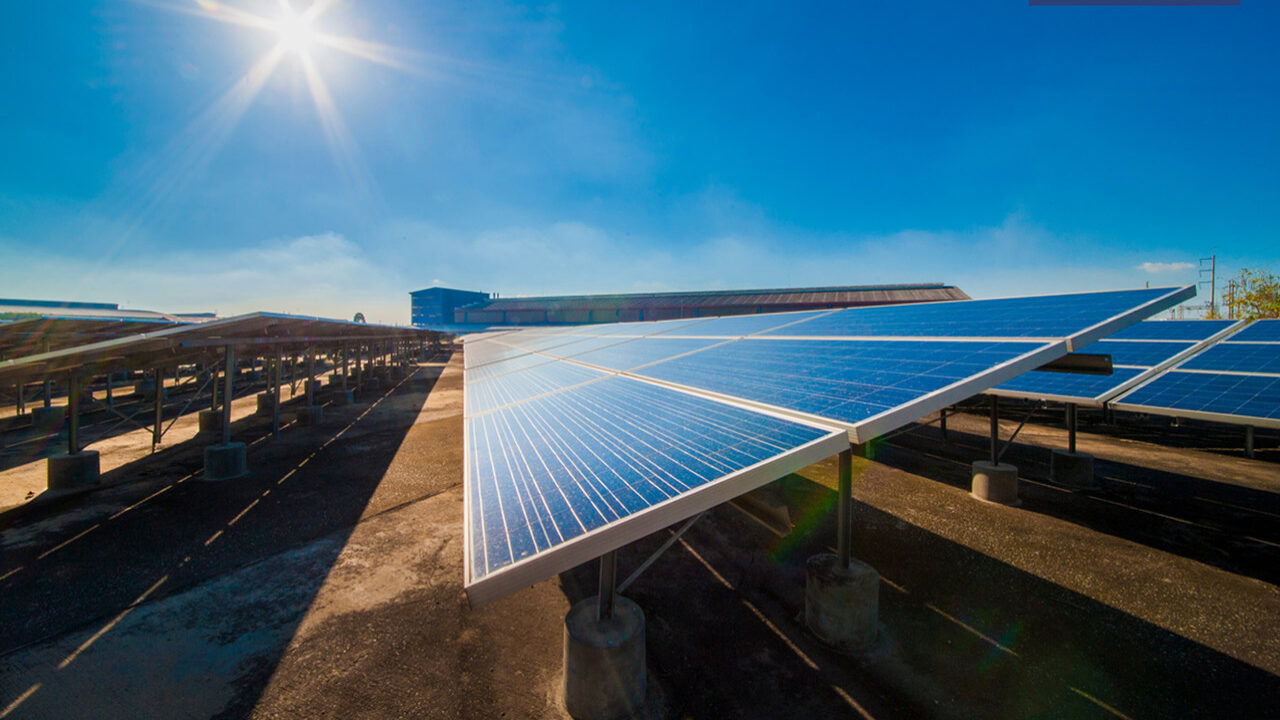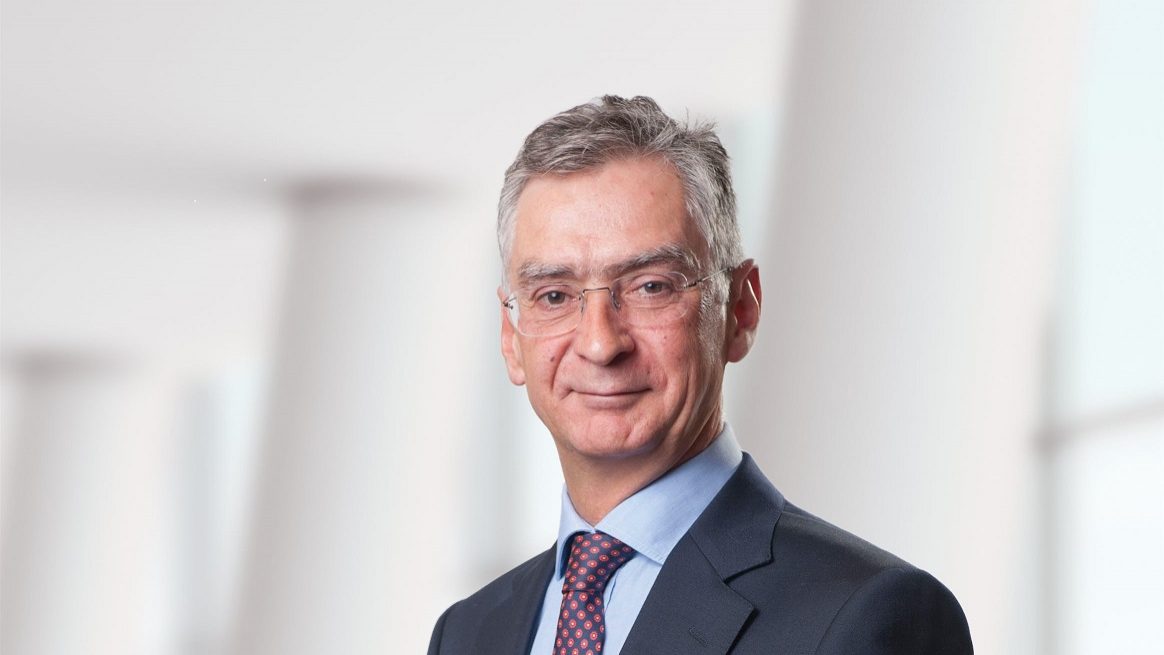Government signs four agreements with Algeria
The meeting in Algiers was attended by the minister of economy, António Costa Silva, who expressed Portugal's desire to increase investment in Algeria fivefold over the next five years.
The governments of Portugal and Algeria signed four bilateral agreements on Wednesday covering startups and innovation, culture and administrative modernisation, in a ceremony presided over by Portugal’s prime minister, António Costa, and the Algerian Head of State, Abdelmadjid Tebboune.
Before the signing ceremony, in São Bento, António Costa and the Algerian President met for about an hour – a meeting in which the Portuguese government was represented by the ministers of foreign affairs, João Gomes Cravinho, of economy, António Costa Silva, of science and higher education, Elvira Fortunato, of environment, Duarte Cordeiro, and of infrastructures, João Galamba.
João Gomes Cravinho and his Algerian counterpart signed three of the four agreements signed, the first of which is a memorandum of understanding in the field of “Digital Government and Administrative Modernisation”, which “aims to develop and consolidate bilateral cooperation in information technology” in the area of public administration.
The other two agreements are related to a cultural exchange programme until 2025 – Portugal and Algeria commit to developing bilateral cooperation in the areas of education, higher education, scientific research, youth, sport and the media – and a political declaration of intent to strengthen bilateral cooperation.
This last document is a “generic instrument that marks and outlines the common will to strengthen bilateral relations in a wide range of areas of mutual interest.
Minister António Costa Silva signed a memorandum of understanding on startups and innovation.
This memorandum, according to the two governments, “aims to strengthen economic and commercial cooperation with regard to startups” in the two countries “and contribute to increasing their competitiveness in world markets through the exchange of knowledge and experience to improve the respective institutional infrastructure and support mechanisms.
Prior to this ceremony in São Bento, at the opening session of the Portugal-Algeria Economic Forum, Prime Minister Costa expressed hope in developing greater cooperation in the renewable energy sector and particularly green hydrogen, with the Algerian president recognising that this type of energy is gaining ground.
António Costa said that Algeria “knows Portugal’s assets well”, particularly in the sectors of construction, metallurgy and equipment production, and noted that in addition to these sectors, the two countries also have “investment opportunities in other areas,” such as pharmaceuticals, cooperation between ports and, “above all, in the area of energy”.
Recognising that Algeria “is one of the main suppliers of natural gas to Portugal” and has a “fundamental role” in the country’s energy supply, the prime minister stressed that a change in the energy model does not mean “ceasing to use and consume resources in which Algeria is very rich”.
The visit of the president of Algeria to Portugal comes about a week after the 6th session of the Joint Working Group for Portuguese-Algerian Economic Cooperation was held in Algiers.
The meeting in Algiers was attended by the minister of economy, António Costa Silva, who expressed Portugal’s desire to increase investment in Algeria fivefold over the next five years.
As reported then by the Algerian press, Costa Silva said that Algeria “is a fundamental and credible partner in a world that is increasingly uncertain economically and geopolitically” and that Portugal intends to increase and diversify investments in Algeria in various sectors of activity, such as public works, finance, industry, pharmaceutical production, hydraulics, agriculture, energy and transport.
Until 2022, there were only eight Portuguese investment projects, despite the fact that Algeria has around 80 active Portuguese companies, mostly in strategic sectors.
Algiers now insists on directing some Portuguese investment to the agri-food and manufacturing industries, and according to the daily newspaper El Watan, this was the wish expressed by the Algerian economy minister, Tayeb Zitouni.
Algeria is Portugal’s most important energy supplier, supplying 40% of requirements.

